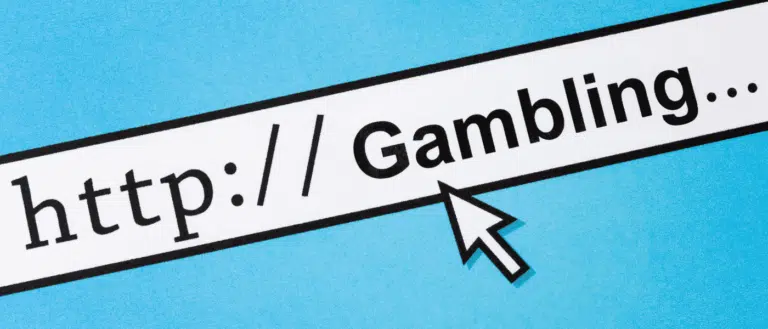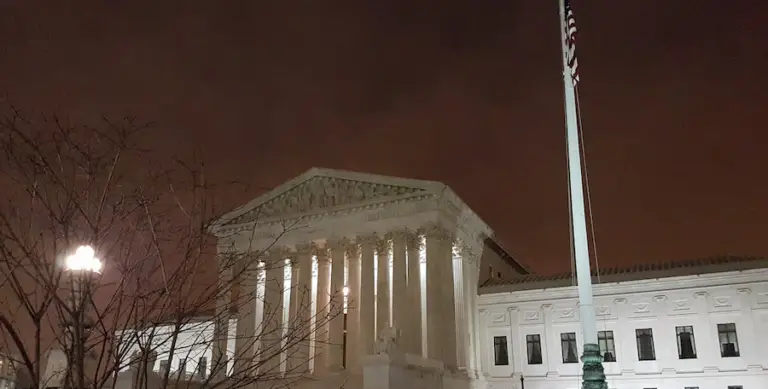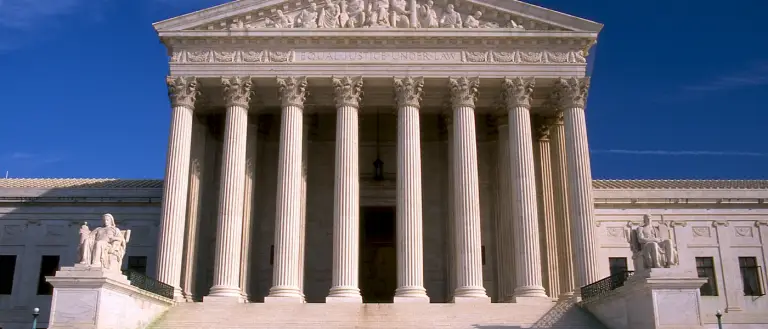Inside the New Jersey DGE’s Investigation of PokerStars
On September 30, PokerStars announced they had been approved for a transactional waiver by the New Jersey Division of Gaming Enforcement. The approval was some two years in the making and allows PokerStars to launch a licensed online poker site in the state of New Jersey in conjunction with their partner Resorts Casino.
On Friday, October 9, the NJ DGE released a redacted version of their findings. The 89-page report has a number of interesting details, and is a clear indication of how seriously the DGE approached the licensure of online gambling companies. It also offers a window into the regulated world of US online poker PokerStars will be returning to.
What the report says
The report states, because of PokerStars past, which includes civil sanctions and several former executives facing criminal indictments, “the licensure of any entity associated with these assets required careful regulatory scrutiny by the Division.” The report goes on to say that the company would have to prove the previous conduct and people involved had been purged.
Apparently they did, as the DGE report segues into the findings, where it states:
“While the PokerStars entities operated in violation of the law between 2006 and 2011, a number of considerations – including the severe criminal and civil sanctions imposed by the federal government, the complete and irrevocable separation of the previous owners and almost all of the former executives, the acquisition of the assets by Amaya and their incorporation into a robust compliance and control environment, as well as significant changes in the Internet gaming market since 2011– lead to a finding of suitability.”
However, the DGE has instated a number of conditions on PokerStars New Jersey iGaming license:
- The Amaya applicants’ Internet gaming related business transactions are deemed approved for a term to expire six months from the date of this Order subject to final approval of the Regulated Gaming System and each game by the Division’s Technical Services Bureau. The Division may reconsider the granting of this approval at any time;
- Amaya shall escheat to the State of New Jersey all funds remaining in any PokerStars’ accounts for New Jersey players received prior to April 15, 2011, before commencing Internet gaming operations in New Jersey;
- Amaya shall separate from employment on or before January 30, 2016, four individuals identified by the Division as having failed to establish the requisite good character, honesty and integrity required by the Act due to their involvement in the business activities of the PokerStars Entities between the enactment of UIGEA and Black Friday;
- Amaya and any of its subsidiaries and affiliated entities shall not permit Isai Scheinberg, Mark Scheinberg, Pinhas Schapira, Yehuda Nir, Paul Telford, Paul Tate, Nelson Burtnick, Ray Bitar, Rafael Furst, or Chris Ferguson to serve or act as an owner, director, officer, shareholder, security holder, financial source, lender, employee, consultant, lobbyist, intermediary, independent contractor, advisor, agent, or representative of Amaya or its subsidiaries and affiliated entities, in any capacity, whether directly or indirectly, whether by formal contract or by informal arrangement, without prior written approval of the Division. Amaya and its subsidiaries and affiliated entities shall immediately notify the Division, in writing, of any actions by Isai Scheinberg, Mark Scheinberg, Pinhas Schapira, Yehuda Nir, Paul Telford, Paul Tate, Nelson Burtnick, Ray Bitar, Rafael Furst, or Chris Ferguson to influence, suggest or communicate with any employee of Amaya or its subsidiaries or affiliated entities, with respect to the management or daily business activities or operations or with regard to any action or decision of it, its subsidiaries, and their officers, directors, or employees;
- The minutes of the Amaya Board of Directors meetings, Compliance Committee meetings, and Audit Committee meetings, with all relevant supporting documentation, shall be forwarded to the Division within fifteen (15) days of each such meeting;
- Amaya shall report to its Compliance Committee any efforts undertaken in connection with the development of gaming activities in any new jurisdiction, including the individuals and business entities associated with those efforts, and the Amaya Compliance Committee shall consider such information and fully report its consideration of such efforts in its minutes;
- Amaya shall notify and provide copies to the Division of the filing of any complaints, warnings and notices brought against Amaya, any of its subsidiaries or affiliated entities or any of its directors, officers, senior executives and employees in any gaming jurisdiction;
- Amaya shall adopt a written resolution of its Board of Directors recognizing the requirements of all of the foregoing conditions, agreeing to the terms of each of the conditions, and representing that it, and its subsidiaries and affiliated entities, through each of its directors, officers, senior executives, and employees will comply with and enforce each of the conditions;
- Any new business transacted pursuant to this approval shall be reported to the Division within the time frames set forth in N.J.A.C. 13:69J-1.2B(a)1iv. Any changes to the current agreement between Amaya and Resorts must be reported to the Division within five (5) business days;
- Petitioners must maintain and make available for inspection, upon demand by the Division, all records regarding the business transacted.
These statements and the atypical conditions imposed on PokerStars line up with what DGE Deputy Director George Rover said on a panel discussion at G2E, where speaking for the Division he was very sensitive to the competitive advantage a company like PokerStars would have because of its previous decision to not leave the U.S. market, but also wondered when the punishment no longer fit the crime.
When Rover was asked about these types of licensing scenarios in a general way, he replied with a question of his own. “At what point in time does operating in gray market get cleansed,” Rover opined. Rover went on to talk about the PokerStars situation in New Jersey without actually naming the company, “Corporate restructuring or change in management would work heavily in their favor,” Rover said just a day before PokerStars was issued a transactional waiver.
Rover also said that as a regulator, they owe something to the people who have been doing it correctly, before overtly saying the DGE disguised a “sit out period” as a suitability investigation.
Other interesting bits from the report
Chris Ferguson = Out; Howard Lederer = ok?
A number of former PokerStars and Full Tilt Poker executives were listed as persona non gratis in New Jersey, but one name was curiously absent, Howard Lederer.
4 executives had to cut ties with the company
The DGE apparently felt four executives that remained at PokerStars following the takeover by Amaya were too close to the previous regime and had to go. Those executives were not named, but are likely among the listed names in condition #4.
Full Tilt Poker had 75,000 New Jersey players in their database
Based on the DGE report, the pre-Black Friday New Jersey market looks much smaller than many suspected. Full Tilt Poker only had 75,000 New Jersey players in their database. The number of New Jersey players in the PokerStars was redacted, but is likely significantly higher for two reasons:
- PokerStars was always the larger site
- PokerStars predates Full Tilt Poker by nearly five years
Still, even if Stars was double or even triple Full Tilt’s, this still pales in comparison to the 600,000 accounts that had been registered at legal New Jersey gambling sites in just over a year – that number has certainly grown to at least 750,000 at present.
That’s it?
Another aspect of the report that seems to indicate New Jersey was far from an online poker hotbed pre-Black Friday was the fact that PokerStars collected $44.3 million in revenue from New Jersey players between October 2006 and April 15, 2011. Doing the math that comes out to about $830,000 per month in revenue from New Jersey. For comparison, the “highly disappointing” Caesars and Borgata collectively average about $2 million per month in revenue.







